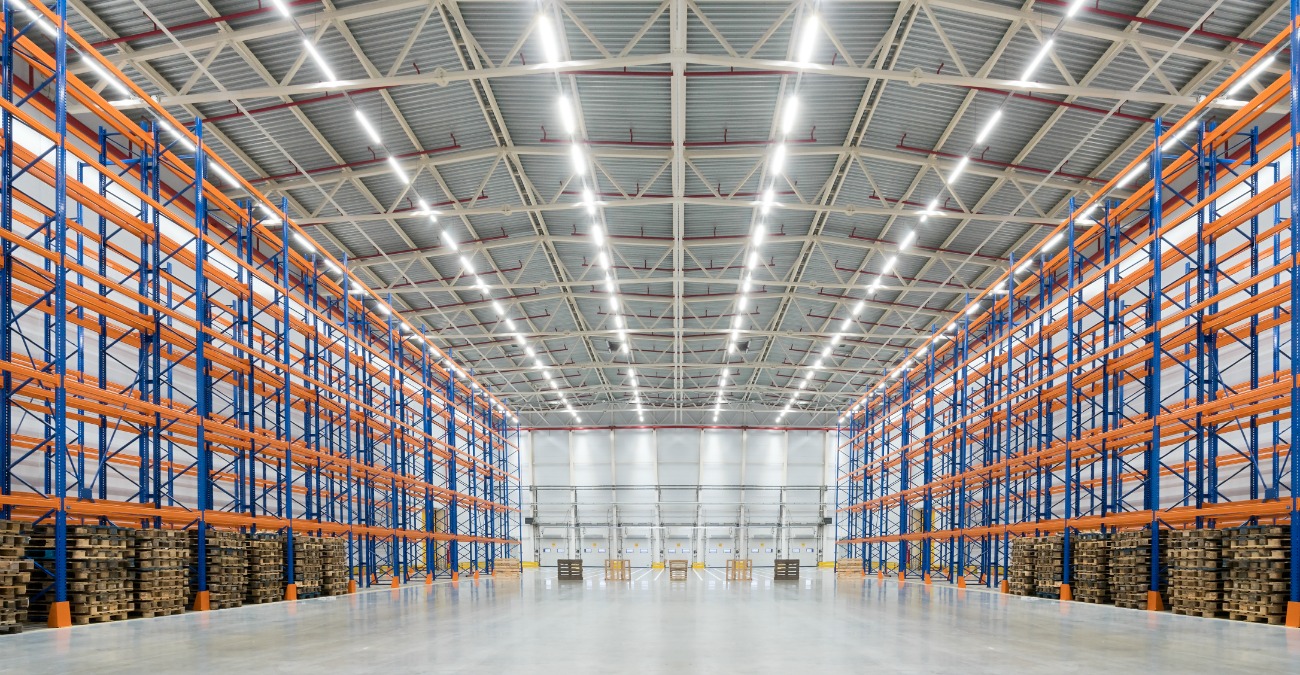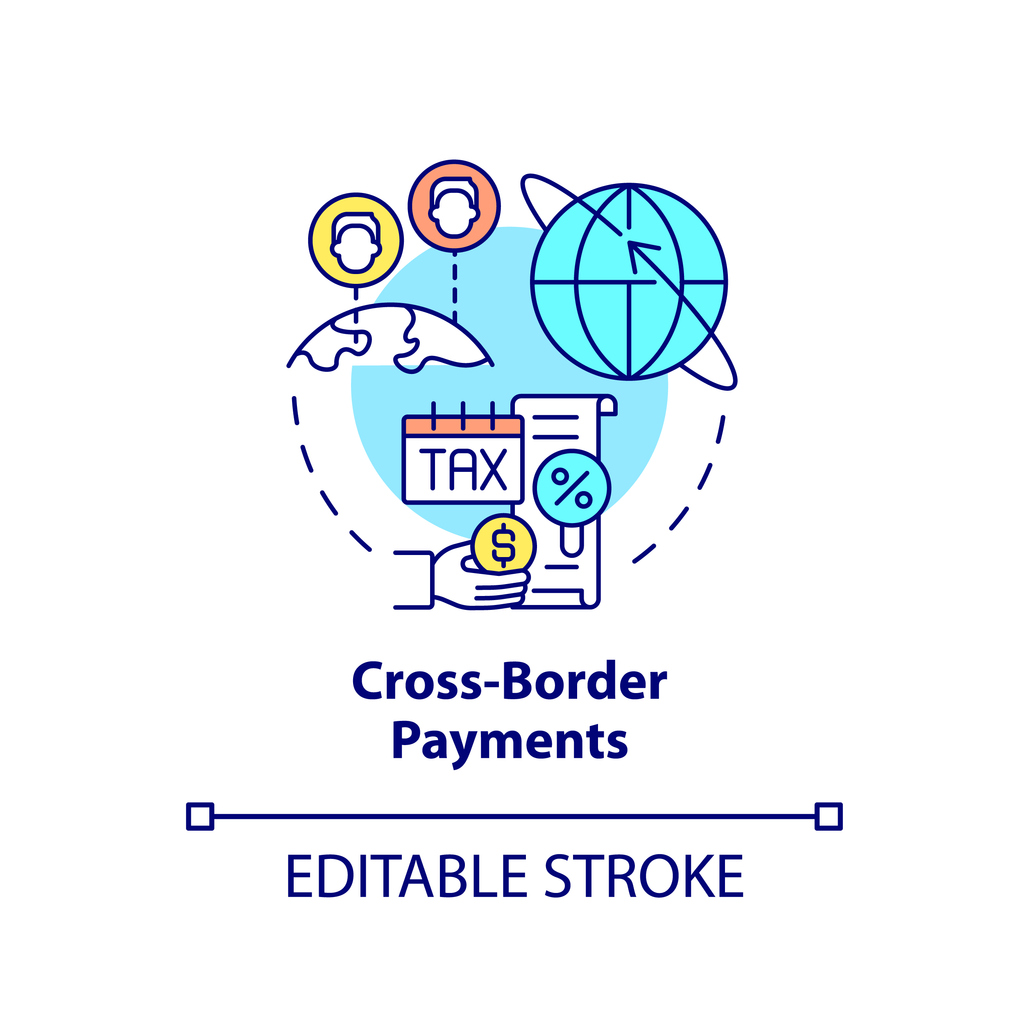Warehouse for rent in Accra
Warehouse for rent in Accra: How to Find the Perfect Warehouse Space.
Finding the right warehouse space can make or break your business. With so many warehouses to choose from, it’s easy to get overwhelmed.
We understand that finding the best warehouse can be tough. We’ve created this guide to help you find the perfect warehouse for you. From understanding what questions to ask before signing on the dotted line, to figuring out if you need a large, mid-sized, or small warehouse, this guide will help you find the perfect one for you!
What to ask before signing a warehouse lease
When looking for a warehouse, it’s important to ask the right questions. The first question you need to answer is what your business needs from the space.
If you’re already a warehouse owner and can answer this question for yourself, you’re in good shape! But if not, use these questions as a guide:
* What is your company’s primary function?
* How many employees do you have?
* What size of warehouse are you looking for?
* What level of storage capacity do you need?
* Will this be your first warehouse or will it be on top of another location?
Once you’ve answered those questions, consider which amenities are most important to your business. You’ll want to make sure that the warehouse has the right amenities and is located in a convenient area.
How big should a warehouse be?
One of the first questions you should ask yourself is, “How big should my warehouse be?”
This question actually takes into account a few factors. It’s important to know where your warehouse will be located, how many employees you’ll have, and how much equipment you need to store in it.
A small warehouse is a good option for businesses with under 10 employees or if you’re only storing small amounts of inventory. A medium-sized warehouse will accommodate more than 10 employees and can also hold more inventory.
Larger warehouses are better suited for larger companies that need more space or to store heavier items. But before signing on the dotted line, make sure to consider all the factors that could affect your business and weigh them against each other.
Mid-sized or small warehouse?
If you’re searching for a warehouse that offers the ability to store inventory, but you don’t need a lot of space, a mid-sized warehouse may be the best option.
A mid-sized warehouse is great for smaller companies with less inventory, who need room for only one or two types of products.
On the other hand, if you’re looking for more space to store more inventory and do more manufacturing, then a larger warehouse is your best bet.
Neither the mid-sized nor small warehouses are ideal for distribution centers (DCs). In order to deliver goods quickly to stores and customers, you’ll need at least 300 square feet per pallet. If you’re looking for a DC instead of just a warehouse, try our guide on finding DCs instead!
How to find the right warehouse space for you
If you’re looking for warehouse space, there are many questions that need to be asked. One of the most important questions is how much space you need. If a good location is something you’re looking for, ask yourself what your needs are and how much space they require.
After determining the size of your warehouse, determine if you want a large, mid-sized, or small one. They all have their pros and cons so it’s important to find out which one will be perfect for you!
Regardless of what type of warehouse you decide on, make sure that it has enough office space and storage capacity. This will help keep your business operating smoothly while also eliminating the possibility of any inconveniences.
A lot goes into finding the best warehouse for your business. Hopefully with our guide, we helped point you in the right direction!
Think about your needs
Before looking into warehouse space, make sure you understand what your company needs. What are your company’s goals?
If you’re just starting out, your primary goal is likely to simply find a place to store your inventory. If this is the case, then you should look into a small warehouse.
If you have more complex needs, like needing office space or warehouse space for employees, then you should consider a mid-sized or large warehouse.
When it comes to selecting a warehouse based on size, there are benefits and drawbacks associated with each type of space. For example, smaller warehouses will typically be cheaper than larger ones but may not offer as much room for your specific needs. In some cases, this could make it difficult to find the best solution for your business.
Asking yourself these questions before deciding which size of warehouse space to invest in will help you narrow down the options and make the best decision possible!
Consider the location of the warehouse
The first step in finding the perfect warehouse space for your business is to consider its location. You’ll want to find a warehouse that’s close to where your customers are and that has ample parking. This will help your business run more smoothly and save you time.
Another important factor to take into account when choosing a warehouse is the size of the building. Depending on what sort of business you have, you might be looking for a smaller or larger building. A large warehouse will offer a lot more space than a small one, but it may not be as convenient if you need storage services such as forklift rentals or shipping supplies like trucks and pallets. There are also other factors, like accessibility and proximity to public transportation, which you’ll want to take into account before making a final decision.
Check out these questions to ask before signing on the dotted line
When you’re looking for a new warehouse, it’s important to think about what questions to ask before signing on the dotted line.
There are a lot of things to consider when looking for the perfect warehouse, such as:
– What are your company’s needs?
– How long is your lease?
– Is there easy access to public transportation?
– How many employees do you have?
– What is the building layout like?
– Who else will be working in the warehouse with you?
– What are your needs for office space and employee parking?
Conclusion
You don’t want to find out the hard way that you’ve just signed a lease with a warehouse that isn’t right for you.
First, take the time to ask yourself what your goals are for the warehouse space — are you looking for more storage space, more production space, more office space? Then consider how much space you need and where you want to locate the warehouse.
And then make sure to ask some important questions before signing on the dotted line. For example, how much does the warehouse rent cost? What are the terms of the lease? What are your responsibilities as a tenant? Should your business be able to work in the environment? Are there any restrictions on where and how you can use the space? Are there any restrictions on what type of business can be in the warehouse?








LEAVE A COMMENT
You must be logged in to post a comment.